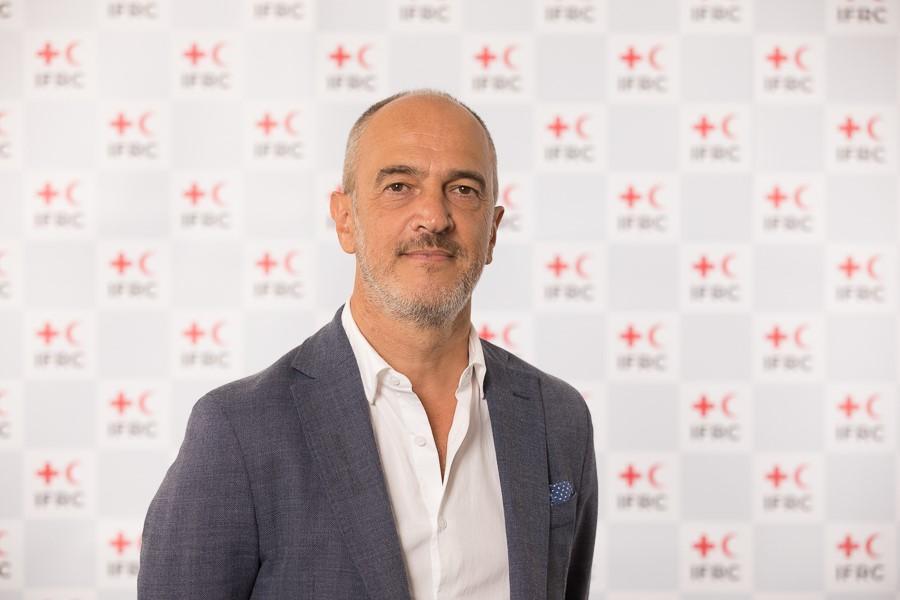
The International Federation of Red Cross and Red Crescent Societies (IFRC) has called for urgent assistance to communities still grappling with the aftermath of the devastating earthquakes that struck Türkiye's southern region six months ago, claiming the lives of over 50,000 people.
"The current situation is still quite dramatic," Ruben Cano, IFRC Head of Delegation in Türkiye, said in an interview with Hürriyet Daily News on Aug. 3, outlining two key criteria to return to normalcy: Having access to housing and employment. "However, many are still far from a normal life as they continue to live in tents and containers, relying on external financial support."
IFRC, in partnership with the Turkish Red Crescent, is now aiming to bolster livelihood assistance to individuals engaged in agriculture, animal husbandry and small businesses, Cano said, while urging the international community to "provide a lot more."
The emergency appeal by IFRC to raise 400 million Swiss francs ($456.4 million) to aid the Turkish Red Crescent's response has only been funded up to 30 percent, equivalent to 119.8 million Swiss francs ($136.7 million).
Working in partnership with the IFRC, the Turkish Red Crescent has extended cash and voucher assistance to nearly 150,000 families so far, supporting almost half a million individuals, Cano informed.
Nevertheless, many survivors still struggle with day-to-day needs, such as food, rent and other necessities, while some are forced to incur debt to cover these expenses, according to the federation's latest statement.
Cano also highlighted the "unprecedented scale" of the earthquakes, which suddenly left millions of people homeless overnight, as the biggest challenge during the response process.
Over the past six months, the Turkish Red Crescent has provided more than 416 million hot meals to affected communities and responders, also ensuring access to clean water, essential hygiene items and health services. The organization has also set up spaces to offer mental health and psychosocial support to individuals, including responders.
While the organization was already engaged in providing aid to Syrian and Ukrainian migrants in the country, it redirected its focus to respond to the earthquake-affected areas, especially in the initial weeks following the disaster, he underlined.